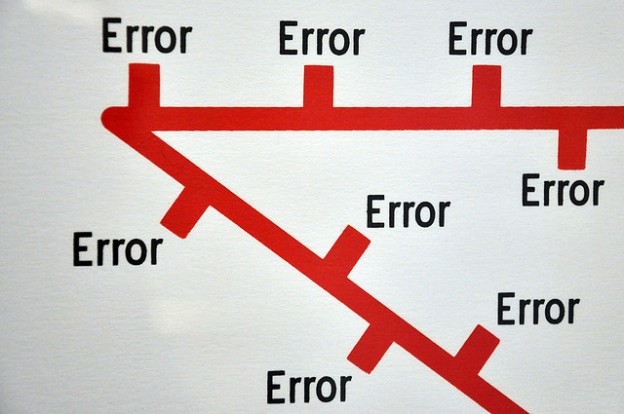English is a language that is rich in terms of complexities and possibilities, one that has evolved from older versions of German and French, as well as from Latin, Greek, and other languages. That is one of the reasons why there are often many choices when one wants to say or write something. This often leads to errors in terms of knowing which word to use in a given context.
Rather than attempting to trace the histories of thousands of words in English, this article will simply provide instruction in terms of when and how to use certain common words whose misuse often leads to errors.
Let us start with fewer and less. Both words are adjectives, but they are not used interchangeably. Fewer is used to describe objects or persons—in other words, things which can be counted. The following are examples of when to use fewer:
- She has fewer hats than Mary.
- How many fewer votes did Clinton receive than Obama?
- Mr. Jones has had fewer opportunities to speak to clients than I have.
Less is used in reference to things which cannot easily be counted. The following are examples of when to use less:
- There is less money is circulation now than in the 1990s.
- He is exercising less often than he did when he was younger.
- This school appears to have less structure than the one that we visited earlier today.
Two other words which are often confused are number and amount. As with fewer, number is used to describe objects or people—things which can be easily counted. The following are examples of the proper use of number:
- The number of people voting for Jones is higher than those who voted for Smith.
- What is the correct number of vehicles crossing the bridge each weekend?
- I read a large number of books every month.
Amount is used to describe those things which are not easily counted. The following are examples of the correct use of amount:
- There is a larger amount of water in the Pacific Ocean than that which is in the Atlantic Ocean.
- Which team seems to be displaying a greater amount of confidence?
- The United States has a larger amount of money in circulation than that in any other nation.
Another common error involves the use of who, that, and which. Use who when referring to people; use that or which when referring to other things. Here are some examples:
He is the one who caused the problem. I like plants which do not require much upkeep. He made the one comment that was sure to cause an argument.
The following outlines a few words (with examples) which are easily and often confused:
- There……He is traveling there. There are many ways in which to skin a cat. There he is.
- Their…….That is their house. We accepted their apology. Did you speak to their mother?
- They’re…They’re not my friends. They’re always making us late. Do you think they’re coming?
Whose….Whose hat is this? Harriet Beecher Stowe is the writer whose novel, Uncle Tom’s Cabin, is said to have contributed to the fiery debate that led to the Civil War. Who’s….Ruth is the one who’s always complaining. Who’s coming to the party with me?
When it comes to writing effectively and correctly, there are thousands of other potential pitfalls that a good writer must avoid. If you are unsure of your writing skills, you might want to send your documents to a professional proofreading and editing service before you submit them.
